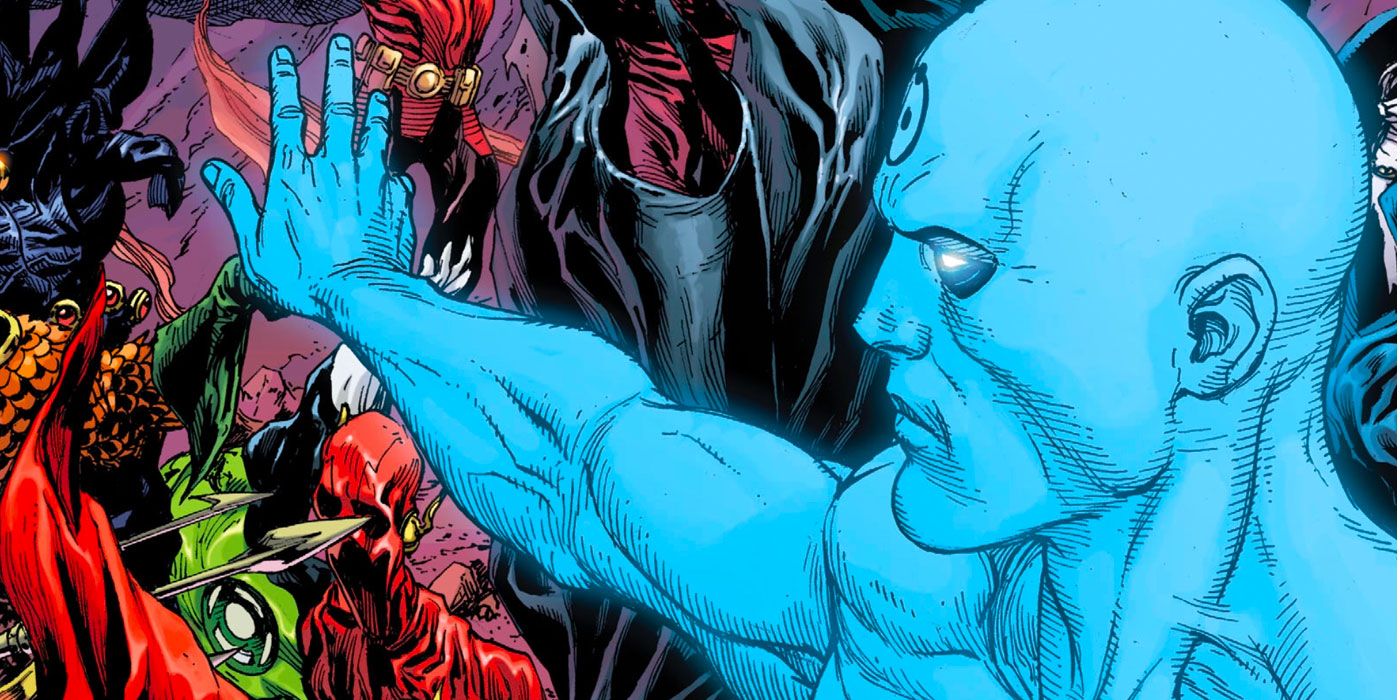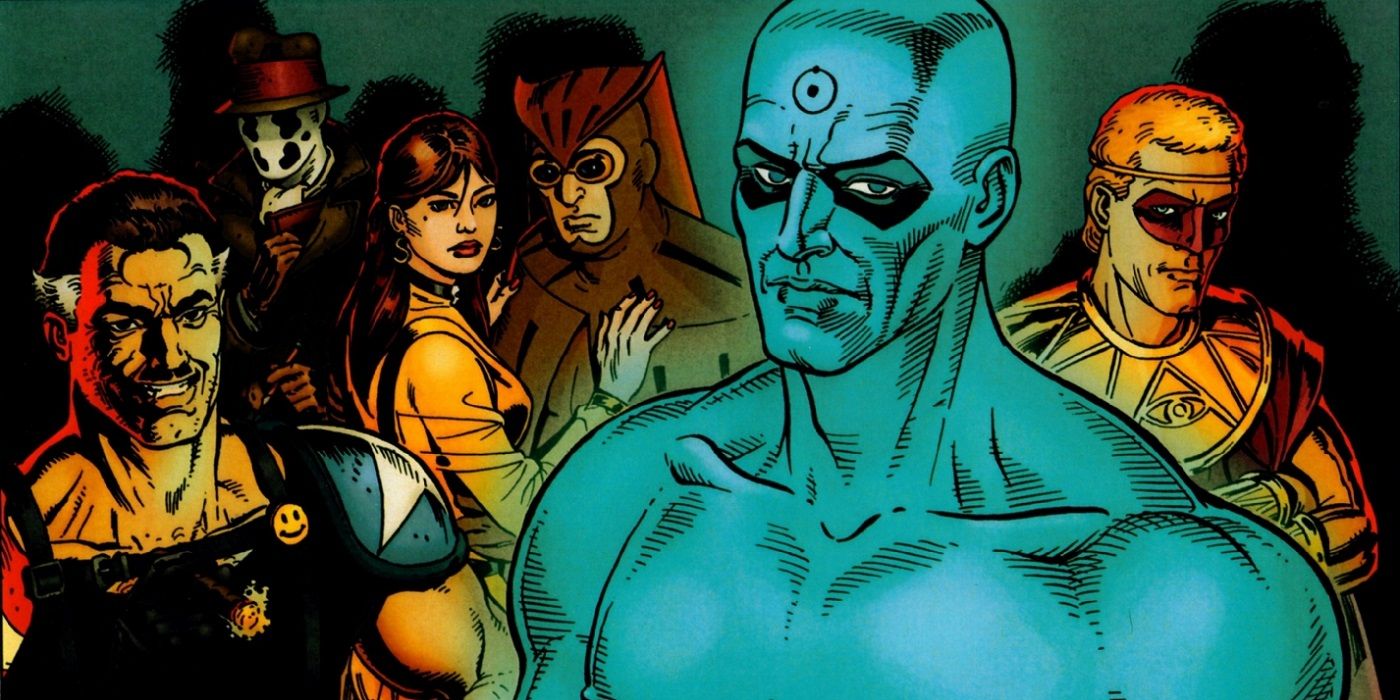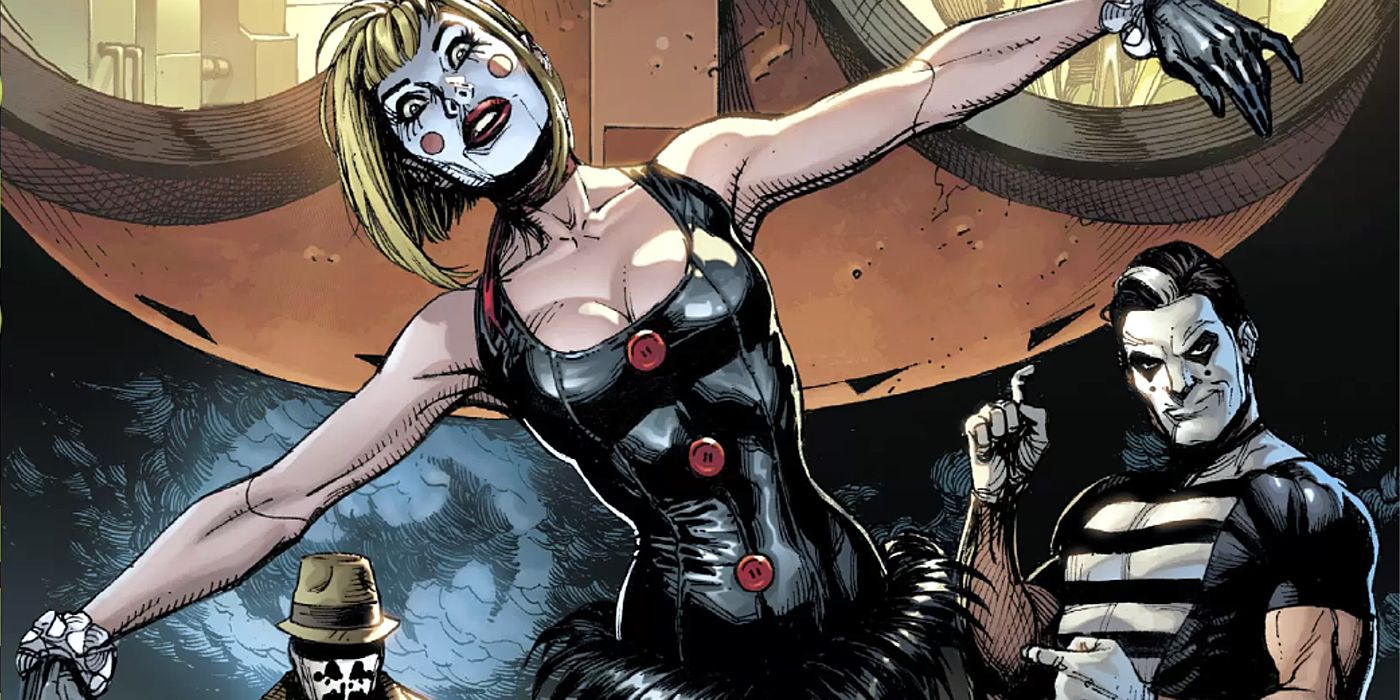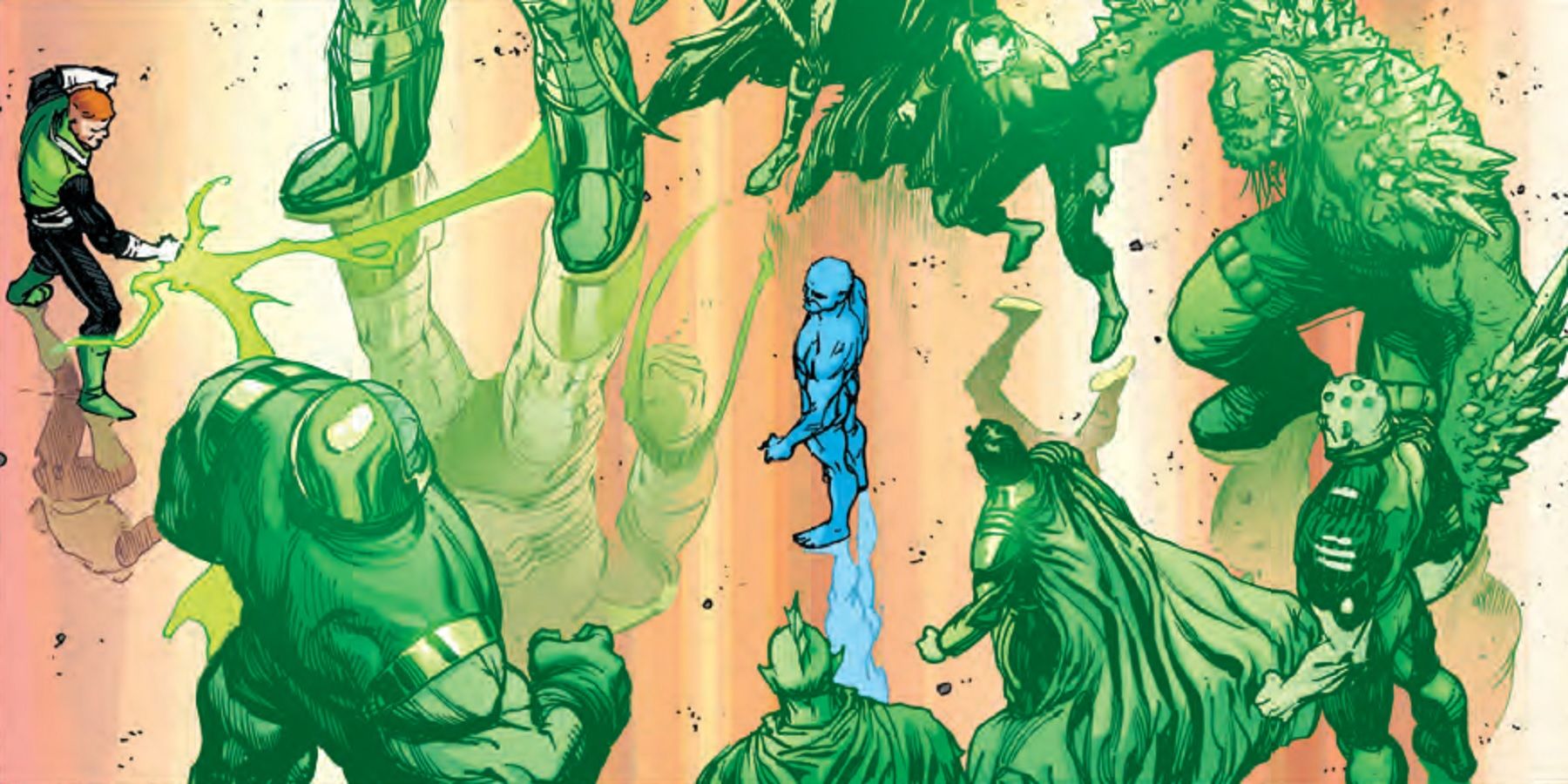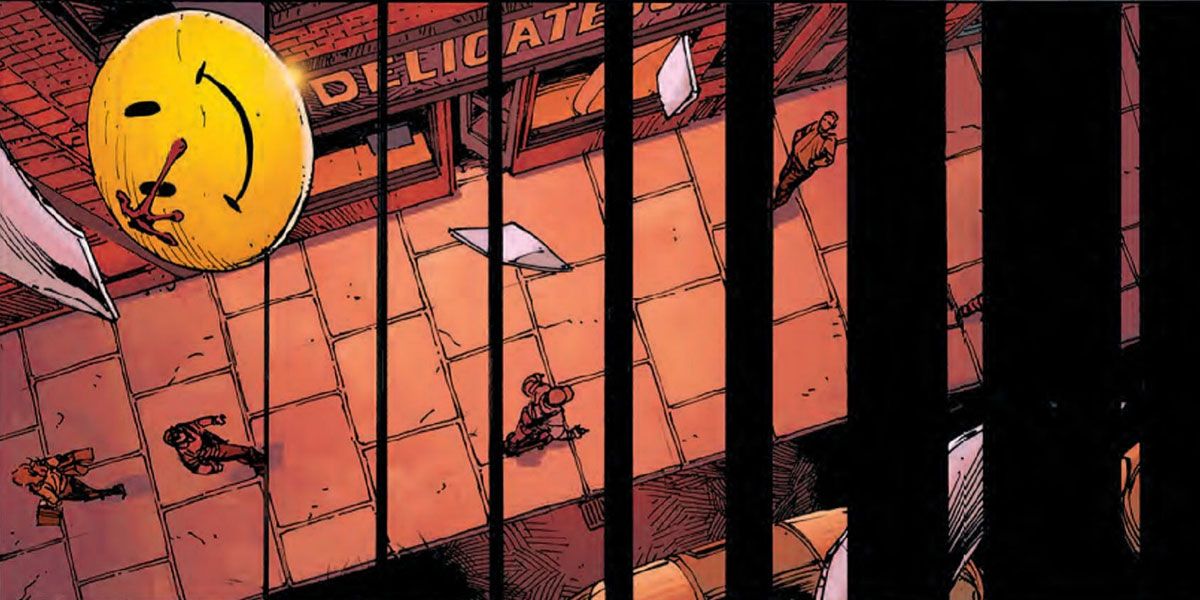When Doomsday Clock, the sequel to Watchmen, was first announced in 2017, there wasn't a lot of excitement. In fact, there was more disdain for it than anything else.
Most of the contempt stemmed from the fact that Watchmen creators Alan Moore, Dave Gibbons and John Higgins had nothing to do with it. They weren't even made aware that their story was set to continue in a new limited edition series helmed by Geoff Johns, Gary Frank and Brad Anderson.
Moore famously denounced any spinoffs or continuations of the work in a past interview. "The reason why Watchmen was such an extraordinary book during its time, was that it was constructed upon literary lines. It had a beginning, it had a middle, and it had an end," he said. "It wasn't constructed as an endless soap opera that would run until everybody ran out of interest in it."
Naturally, fans rallied behind Moore's sentiment and categorized Doomsday Clock as another example of a corporate company -- in this case DC -- trying to milk the proverbial cash cow. It's understandable, especially since this is the era of reboots and spinoffs, with an original concept being something of a unicorn.
Yet, despite its inconsistent release schedule, Doomsday Clock has proven itself to be a seminal storyline that pieces together all the puzzles of DC's Multiverse. The creative team aimed for the moon and, with one issue to go, it looks like they might reach it. Judging by the reviews, the industry agrees.
In 2017, while speaking at a panel at Comic-Con International in San Diego, Johns said, "I believe in [Doomsday Clock], and we're going to tell the best damn story we can." He added that it celebrated the entire history of the DC Universe and he wanted Watchmen, specifically Doctor Manhattan, to be a big part of DC Universe: Rebirth.
Johns wasn't kidding about telling "the best damn story." In terms of its overall importance, it could be argued that Doomsday Clock is the best superhero tale since Watchmen hit shelves in 1986. It isn't operating as a massive event to reboot an entire line and sell a bunch of first issues, but rather as the connecting tissue that helps continuity and canon flow in the long run.
Let's be real here for a second: Comic books tread a fine line between sense and confusion. If you speak to a non-regular comic book fan and mention that Watchmen is part of DC, they'll ask where it fits in with the likes of Batman and Superman. Sure, you could dismiss the question with the "but Multiverse" reason; however, Doomsday Clock actually provides a plausible and interesting explanation.
More importantly, it establishes its own voice without hopping onto the grimdark bandwagon of Watchmen. One of the biggest complaints about the classic story is how it unexpectedly inspired a generation of darker tales. While Watchmen was meant as a deconstruction and social commentary of the superhero genre, it resulted in the rise of a popular, new subgenre -- something it never wanted to do in the first place.
Make no mistake about it, there are heartbreaking and tragic moments in Doomsday Clock, but there's still an undertone of hope and optimism to the story. It's obvious that the heroes will come out triumphant at the end of the day, even if the ripples of this storyline will be felt for years to come. Perhaps with the revelation that Doctor Manhattan is actually Lex Luthor.
At the same time, the creative team respects Watchmen's foundation and builds on it. It isn't rewriting the book or dismissing what happened before Doomsday Clock. In fact, it's entirely possible for Watchmen to exist in a vacuum, for those who share Moore's opinion and refuse to read this continuation.
Unfortunately, though, the biggest hurdle preventing Doomsday Clock from already being a classic is its erratic release schedule. It should've wrapped up in December 2018, but the series has suffered delay after delay. Undoubtedly, the main reason for this is Johns' involvement in Mad Ghost Productions which works on film, TV and comic books based on DC. He's a busy guy and deadlines seem to be his Kryptonite.
While Johns promised that there aren't any tie-ins and Doomsday Clock operates as a standalone story, the overall interest waned as the release schedule became unreliable. And the reality is, once the fans lose track (or faith) in a project, it's difficult to reel them back in, as they'd rather wait for the collected edition in the future.
Even so, and against the odds, Doomsday Clock captures the spirit of Watchmen and brings it to the 21st century. Is it as good as its predecessor? Probably not. But that doesn't stop it from being one of the most important (and best) superhero stories in 30-odd years.
No release date has been announced for Doomsday Clock #12.

